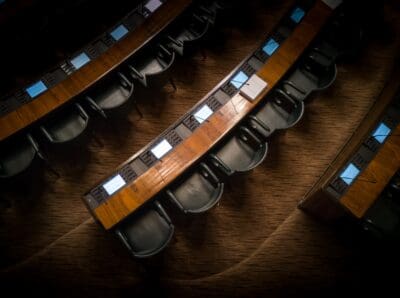Reaping the Benefits of Growth
As the campaign season shifts into a higher gear, JFF would also like to hear candidates discuss bold solutions that transform systems to better prepare students for the future workforce.
We’d like to learn more about candidates’ ideas on making our nation’s workforce and skills development systems more agile and responsive to the changing economy and the future of work. While most observers predict that the economy will continue to grow and the number of net new jobs will rise, only economic systems and workers that are prepared for the ongoing rise of automation and other technological disruptions will reap the benefits of growth.
As a response to this shift, we need bold solutions for updating our public education system so it’s more relevant, more student-centered, and better aligned with the knowledge and skills required to succeed in postsecondary education and in good-paying, high-skill jobs.
The country can no longer rely on the traditional ways of thinking that assumed that education and training follow a linear progression from school or college to a lifelong job or career path. Toward that end, we believe candidates should have solutions for breaking down unnecessary boundaries between secondary schools, postsecondary institutions, and work. JFF does.
Helping Everyone Compete
Former Vice President Joe Biden indicated that he understands that when, during the second debate, he said, “There’s a lot we can do, but we have to make continuing education available for everyone so that everyone can complete in the 21st century. We’re not doing that now.”
We look forward to hearing more ideas about bold and transformative solutions for improving the country’s education and workforce development systems in ways that can help individuals move up the socioeconomic ladder. JFF is a resource that all presidential candidates and policymakers can turn to for ideas and solutions to better prepare our nation’s workforce for the jobs of the future.


